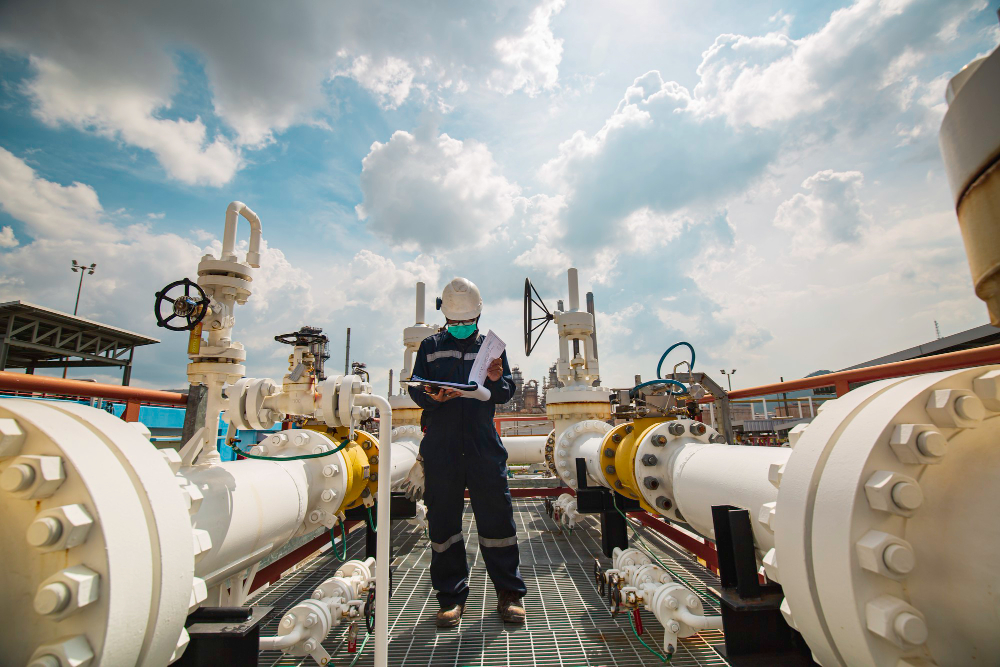 Think about the elements that power our world. Oil and gas are at the heart of it, offering the energy to drive our vehicles, heat our homes and light up our cities. These invaluable resources snake through intricate pipelines, a labyrinth beneath the earth that often goes unnoticed. Now, when it comes to creating this underground lifeline, selecting the right material is paramount for safe and efficient operations. Enter oil pipe suppliers—the underrated architects delivering this vital energy source.
Think about the elements that power our world. Oil and gas are at the heart of it, offering the energy to drive our vehicles, heat our homes and light up our cities. These invaluable resources snake through intricate pipelines, a labyrinth beneath the earth that often goes unnoticed. Now, when it comes to creating this underground lifeline, selecting the right material is paramount for safe and efficient operations. Enter oil pipe suppliers—the underrated architects delivering this vital energy source.
The Cornerstone of Energy: Oil and Gas Sector
Oil and gas are much more than fuels; they serve as the cornerstone of modern civilization. From plastics and chemicals to electricity and transportation, these fossil fuels play a pivotal role in a wide range of industries. Oil pipe suppliers, therefore, are not just providers of pipes but essential collaborators in powering the world.
The Source: Upstream Operations
The journey of oil and gas begins at the upstream stage, encompassing exploration, drilling and production. These operations involve not just the extraction but also the initial transport of these resources. Robust and durable pipes are essential to withstand the demanding conditions faced during extraction, ensuring safe and efficient transportation from the reservoir to the refinery.
The Transit: Midstream Activities
After extraction, oil and gas enter the midstream phase. It involves extensive networks of pipelines, storage tanks and terminals. The quality of materials provided by dependable oil pipe suppliers is especially critical at this juncture, where the resources are moved across vast distances and often challenging terrains.
Destination and Distribution: Downstream Operations
Downstream operations are the final step in this resource lifecycle, focusing on refining and distribution. Oil and gas are transformed into a variety of products, including fuels, lubricants and petrochemicals. Effective pipelines ensure that these finished goods reach their destinations, from your local gas station to industrial factories.
Challenges of Harsh Conditions
Working within the oil and gas industry involves confronting demanding environments—
- High Pressure
- Extreme Temperatures
- Corrosive Substances
The pipes must, therefore, be designed to handle these challenges, enduring wear and tear while maintaining peak performance over time.
The Strength of Steel: Key Advantages
When it comes to choosing materials for pipelines, steel stands out for a variety of reasons:
- Durability: Steel is extraordinarily durable, resistant to erosion and long-lasting.
- Tensile Strength: Exceptional tensile strength makes steel capable of withstanding extreme forces and high pressure.
- Corrosion Resistance: Though not completely invulnerable, steel has a higher corrosion resistance than other materials.
- Cost-Effectiveness: In the long run, steel is an economical choice due to its longevity and low maintenance needs.
- Versatility: Steel’s flexibility allows it to be manufactured in various shapes and sizes, adapting to the needs of different projects.
- Environmental Impact: Steel is recyclable, making it a more sustainable option in pipeline construction.
Oil pipe suppliers near you are like the unacknowledged engineers of our modern world, ensuring that the global energy system’s arteries are strong and reliable. Whether sourcing from the depths of the earth, transiting across continents or delivering to your doorstep, these suppliers play a crucial role at every phase. By understanding the intricacies involved—from the extraction process to the challenges of harsh conditions—we can better appreciate the crucial role played by these suppliers in our daily lives.
Your Pipeline to Unbeatable Quality
Ready to fuel your project’s success with top-notch materials? Choose International Pipe, the oil pipe suppliers committed to quality, durability and unmatched service. Act now to secure a future of seamless operations.
